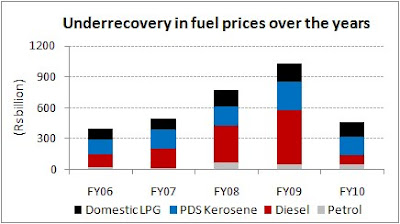Making Money While Doing a Good Thing
Microfinance refers to the providing of financial services to low-income clients, especially those who traditionally lack access to banking and related services. This includes not just loans but also savings and insurance. Those who promote microfinance believe that such access helps people out of poverty. The most famous guy from the world of microfinance is Muhammad Yunus , a Bangladeshi banker, economist and Nobel Peace Prize winner. SKS Microfinance is India’s largest and the world’s fastest growing microfinance organization. Operating in 19 states, it provides collateral-free loans to the poor. 85% of its borrowers are poor women. It made loans worth Rs 20,000+ crores last year. It provides loans for cell phones, local retail shops, housing loans (via a tie up with HDFC) and life insurance (via a tie up with Bajaj Allianz). So where does SKS gets the money to lend? From other banks and financial institutions. Also from private equity investors and venture capitalist...
